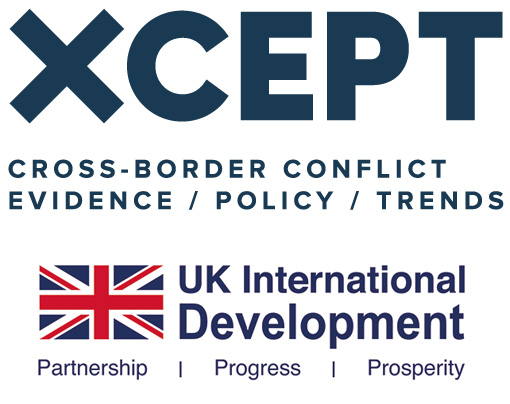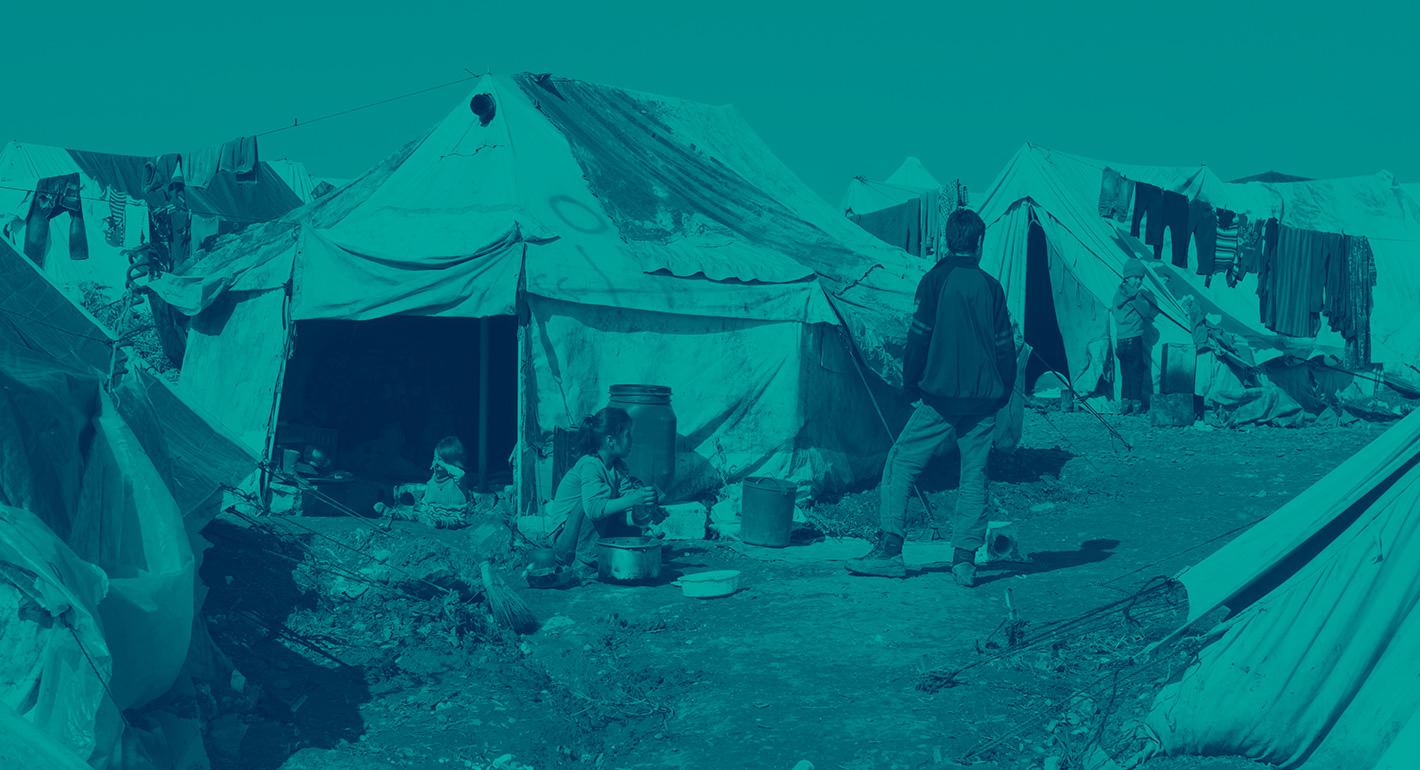Registration
You will receive an email confirming your registration.
On February 6, an earthquake of 7.8 magnitude struck southeastern Turkey and northwestern Syria. The cataclysm was one of the strongest earthquakes ever recorded in the Levant, being felt as far as Lebanon, Israel, Palestine, Cyprus, and Egypt. The aftermath has left tens of thousands of people dead in Turkey and Syria, as well as hundreds of thousands injured and millions displaced. The Turkish provinces of Gaziantep, long a hub for crossborder humanitarian operations in Syria, and Hatay, were devastated. Both regions are home to Turkey’s highest poverty rates and contain more than half of the country’s Syrian refugee population. In Syria, Idlib and Aleppo Governorates bore the brunt of the disaster.
The disaster comes at an inflection point for Turkey and Syria. A Turkish general election is scheduled for May, while there has been a rapprochement between Turkey and Syria in recent weeks, after more than a decade of hostility. The zero-sum game that had characterized the border politics of both countries is no longer sustainable. This Carnegie event will cover the potential outcomes for both countries going forward. More precisely, the impacts that the earthquakes have had on the humanitarian, demographic, and political levels.
The virtual panel discussion will take place on Friday, March 17 from 16:00 till 17:15 (EET) Beirut time with Emma Beals, Sinan Hatahet, and Armenak Tokmajyan.
The discussion will be in English and moderated by Seda Altuğ. Viewers may submit their questions to the panelists using the live chat feature on Facebook and YouTube during the event. For more information, please contact Lina Dernaika at lina.dernaika@carnegie-mec.org.

